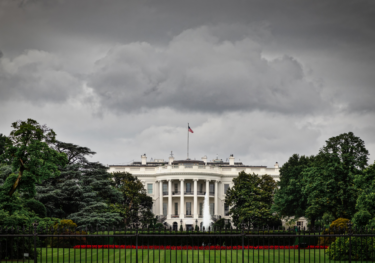Investment Strategy & Corporate balance sheets: short-term gain, long-term pain
Topic: The COVID-19 pandemic has seen the listed sector take on a record amount of debt. Policy support has made this manageable, but does it just delay the inevitable corporate distress? Join us as we discuss this and the implications for investors.

|
Gaurav Saroliya | Director of Global Macro Strategy Gaurav Saroliya is Director of Global Macro Strategy. He is responsible for our overall asset price views and for developing and delivering our investment strategy product offering. His focus is on providing thematic-research based actionable investment advice for investment managers. But his analytics are relevant for corporate Treasurers too insofar as they generate actionable dynamic hedging advice for cash-flow exposures. |

|
Daniel joined Oxford Economics in June 2019. He is an equity strategist, responsible for developing our equity views across countries, sectors and investment styles. Daniel joined Oxford Economics from HSBC, where he spent a decade working within their global equity strategy team, in both London and Hong Kong, and was most recently the lead of their European strategy product. Daniel has a Bsc in Economics from the University of Bath. |
Related Services

Event
Frontier markets outlook: Looking for opportunities after the rally
In this webinar we will discuss which frontier markets still offer value in the wake of an extraordinary rally since October, and which have become too expensive, in our opinion. We will also offer further insights into the cases of Argentina, Nigeria, Ukraine and others.
Find Out More
Event
Economics of a second Trump presidency
Continuing our series of analyses on the 2024 election, we modeled the macroeconomic impact of a second Donald Trump presidency. If the former president wins on Election Day, he will most likely return to the White House with Republican majorities in the House of Representatives and Senate. Assuming full Republican control of government after the 2024 election, we constructed two scenarios that bookend a range of outcomes for the US economy. This webinar will discuss the results of the Trump scenarios, including for inflation, GDP, monetary policy, trade and immigration.
Find Out More